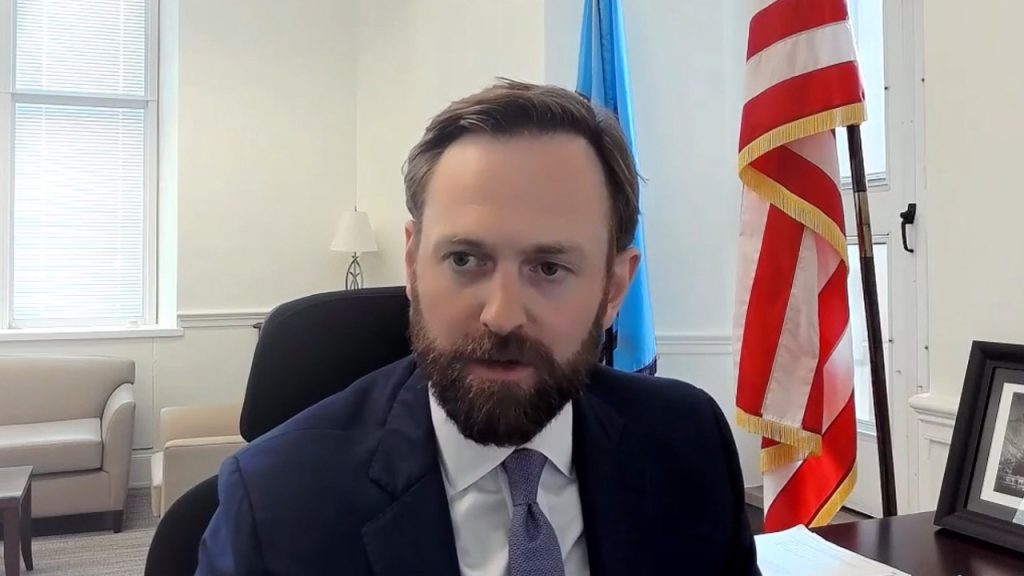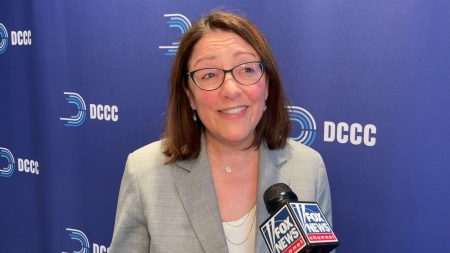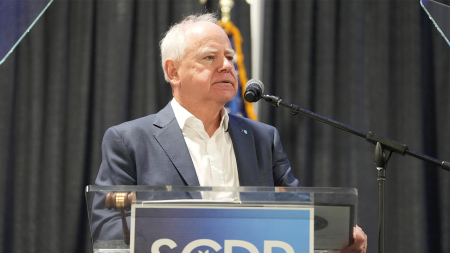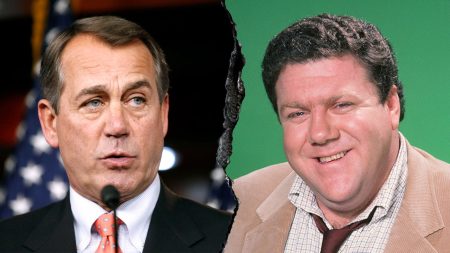The Impending Shift in FTC Leadership: A Deeper Dive into Andrew Ferguson’s Appointment
President-elect Trump’s nomination of Andrew Ferguson as chair of the Federal Trade Commission (FTC) signals a significant shift in the agency’s direction. Ferguson, currently a commissioner appointed by President Biden, is poised to replace Lina Khan, whose tenure has been marked by aggressive antitrust enforcement, particularly targeting tech giants. Trump’s endorsement of Ferguson highlights his belief that the incoming chair will prioritize "America First" principles and foster innovation while simultaneously curbing what he perceives as Big Tech censorship. This shift in leadership promises a new era for the FTC, with potential implications for antitrust enforcement, consumer protection, and the future of the tech industry.
Contrasting Approaches: From Khan’s Activism to Ferguson’s Potential Moderation
Lina Khan’s leadership at the FTC has been characterized by a robust approach to antitrust enforcement. Her focus on challenging large mergers and acquisitions, particularly within the tech sector, led to high-profile lawsuits against companies like Amazon and Meta. Khan’s actions reflected a broader concern about the growing power of tech giants and their potential impact on competition and consumer welfare. Her interventions, including blocking the proposed merger between Kroger and Albertsons, underscored her commitment to actively reshape the competitive landscape. In contrast, Ferguson’s appointment suggests a potential move towards a more moderate approach. While his previous statements indicate a willingness to scrutinize anti-competitive practices, particularly within the online platform ecosystem, his overall stance may be less interventionist than Khan’s. This potential shift raises questions about the future trajectory of antitrust enforcement and the degree of regulatory scrutiny applied to large corporations.
The "America First" Agenda and its Implications for the FTC
Trump’s emphasis on an "America First" approach for the FTC under Ferguson’s leadership raises several key considerations. While the precise meaning of this phrase remains somewhat ambiguous, it suggests a focus on promoting domestic industries and businesses, potentially through a less stringent regulatory environment. This could translate into a greater emphasis on fostering innovation and encouraging competition, with less focus on potentially stifling mergers and acquisitions. However, it also raises concerns about the potential for reduced consumer protection and a more lenient stance towards anti-competitive practices. The balance between promoting domestic interests and ensuring fair competition will be a crucial challenge for Ferguson’s leadership.
The Tech Industry Under Scrutiny: Navigating Antitrust Concerns and Free Speech Debates
Ferguson’s appointment comes at a time of increased scrutiny of the tech industry. Concerns about censorship, data privacy, and the power of online platforms have fueled calls for greater regulation. Ferguson’s past statements suggest a focus on addressing potential anti-competitive practices within the tech sector, particularly those he believes limit free speech. His emphasis on prosecuting "unlawful collision" between online platforms indicates a potential willingness to intervene in cases where he perceives coordinated efforts to restrict the free exchange of ideas. This focus on free speech issues within the tech landscape adds another layer of complexity to the FTC’s agenda and sets the stage for potential clashes between regulatory oversight and First Amendment principles.
The Future of Antitrust Enforcement: Balancing Competition and Innovation
The transition from Khan to Ferguson marks a pivotal moment for antitrust enforcement. Khan’s proactive approach signaled a renewed focus on challenging established market power and preventing potential monopolies. Ferguson’s appointment may signal a shift towards a less aggressive stance, potentially prioritizing innovation and economic growth over stringent regulatory interventions. The future direction of antitrust enforcement will depend on how Ferguson balances these competing priorities. His approach will shape the competitive landscape and influence the relationship between government regulation and the private sector, particularly within the rapidly evolving tech industry.
Navigating the Complexities: Ferguson’s Challenges and Opportunities
Andrew Ferguson faces a complex set of challenges and opportunities as he assumes the chair of the FTC. Balancing the "America First" agenda with the need for effective antitrust enforcement and consumer protection will require careful navigation. Addressing concerns about Big Tech censorship while upholding principles of free speech will be a delicate balancing act. Ferguson’s leadership will shape the future of the FTC and its role in overseeing competition, protecting consumers, and navigating the evolving digital landscape. His decisions will have far-reaching implications for businesses, consumers, and the broader economy.










